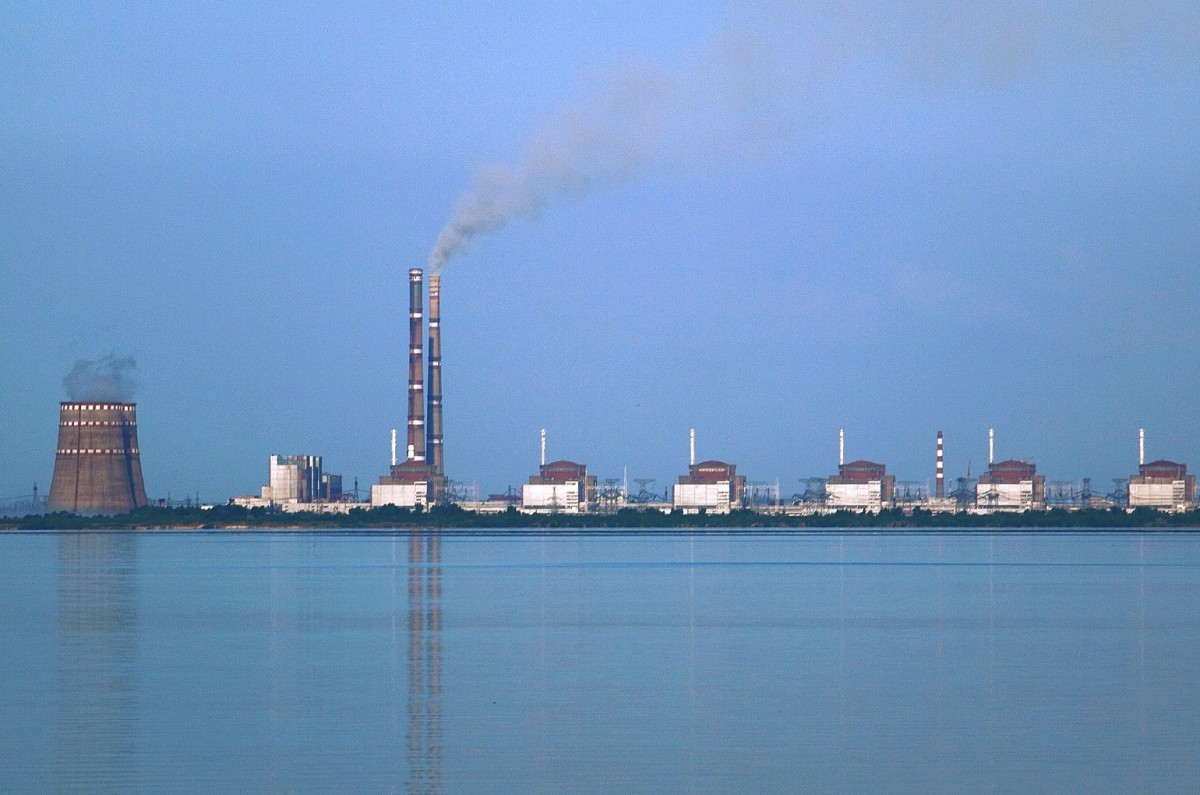Sponsored Content
IAEA Chief Underlines in Ukraine: "No Room for Complacency"
The IAEA Director General and his team of experts traveled to Kyiv and to the south to visit the Zaporizhzhya Nuclear Power Plant. During the critical visit to Ukraine, Rafael Mariano Grossi, Director General of the International Atomic Energy Agency (IAEA), met with high-ranking Ukrainian officials, including President Volodymyr Zelenskyy and Energy Minister German Galushchenko.
 The facility in Zaporizhia, which Russia occupied shortly after its invasion of Ukraine, has since suffered repeated shelling, staff shortages and other threats. / Picture: © Wikimedia Commons /Ralf1969, CC BY-SA 3.0
The facility in Zaporizhia, which Russia occupied shortly after its invasion of Ukraine, has since suffered repeated shelling, staff shortages and other threats. / Picture: © Wikimedia Commons /Ralf1969, CC BY-SA 3.0
Grossi, who also visited the Zaporizhzhya nuclear power plant occupied by Russian troops, emphasized the tense situation and the need to ensure the safety of the plant, whose six reactors have been shut down for almost eighteen months but still hold large quantities of nuclear fuel.
Around 100 Ukrainian employees at the Zaporizhzhya nuclear power plant in Ukraine, which is…
or Log In
Fast News Search





